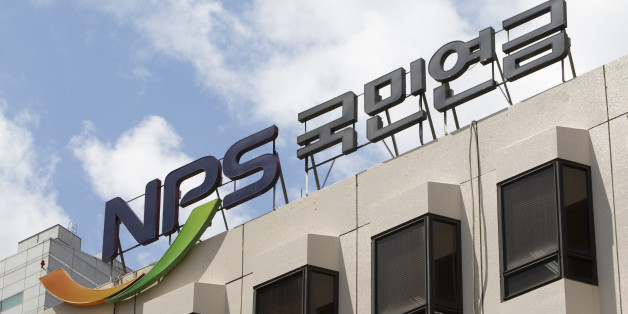Finance
NPS to shun investments in ‘bad companies’ under stewardship code
[THE INVESTOR] Korea‘s national pension fund operator is expected to avoid investments in “bad companies” that do not meet its employment, governance and environmental protection standards, financial sources said on July 15.
The Ministry of Health and Welfare, which controls the National Pension Service, is set to hold a public hearing on a new stewardship code guideline including such provisions on July 17.
 |
The pension service has more than 600 trillion won (US$530 billion) under its control, making it one of the three biggest pension operators in the world. Korea adopted the state pension program in 1988 to guarantee income for the elderly after retirement and to provide coverage for disabilities and surviving family members.
Observers who have seen the draft of the updated NPS investment rules said that they clearly define a separation of economics from political influence. In the event of conflicts of interest, the code calls for the setting up of an expanded special investment advisory committee, which would exclude the participation of government officials and be tasked with making important decisions.
“The advisory committee will have the final say in all manner of pensions fund operations, encompassing reviews and approval of critical votes at shareholders meetings,” a insider, who declined to be identified said.
In particular, the fund will take into consideration the environmental, social and governance aspects of its socially responsible investment standards.
Under this rule, the NPS will limit or abstain from investing in companies cited for harming the environment, those that emit a lot of greenhouse gases and businesses with bad labor relations or that have come under attack for unfairly treating their partners.
Companies that have not improved their corporate governance structure or enhanced their managerial transparency will also be placed on a “blacklist.”
In addition, the NPS will engage in direct talks with companies that have received public censure for questionable business practices so as to demand changes.
By Ahn Sung-mi and news wires (sahn@heraldcorp.com)





![[Exclusive] Hyundai Mobis eyes closer ties with BYD](http://res.heraldm.com/phpwas/restmb_idxmake.php?idx=151&simg=/content/image/2024/11/25/20241125050044_0.jpg)


